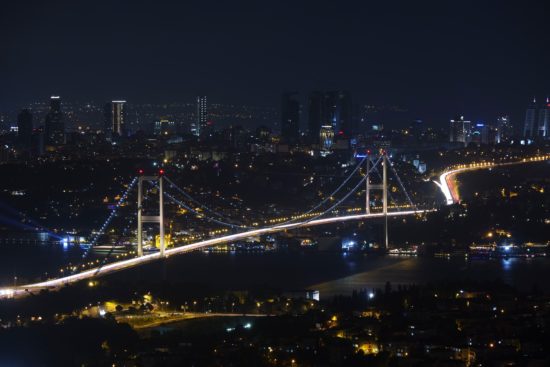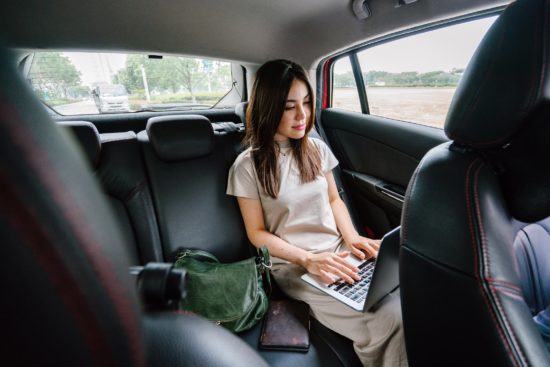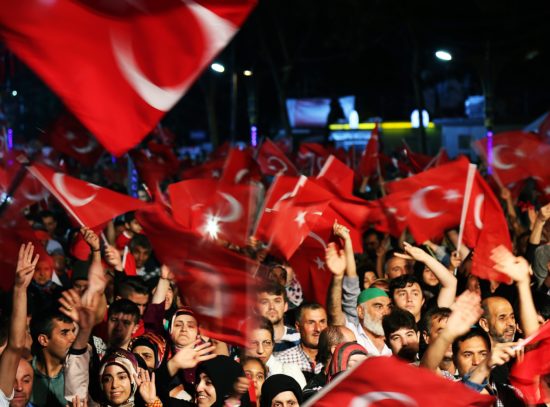How to Stay Safe While Conducting Business In Turkey
On Oct. 6 2019, the United States opted to withdraw American forces from Kurdish-controlled areas in northeastern Syria. Turkey then attacked the area on Oct. 9. Turkey views the Kurds as terrorists, but the Kurds, a minority ethnic group, have helped the United States in its ongoing fight against ISIS. The withdrawal has left the region in chaos.
This complex Turkish-Kurds conflict has a direct impact on many global businesses with vested interests in Turkey and bordering countries. According to the U.S. Chamber of Commerce, Turkey is the 15th most attractive destination for foreign direct investment in the world with 80 million people – an impressive consumer base.
But it’s not just the United States with high-profile brands in Turkey. The European Union actually makes up the bulk of foreign investment (68 percent) in Turkey, and Japan and Azerbaijan also invest in the country.
With billions of dollars’ worth of investments, companies and their CEOs can’t simply press the hold button on conducting business in Turkey while this conflict brews and periodic sanctions are placed on the country.
But is it safe to visit Turkey?
How Companies Can Prepare For A Business Trip To Turkey

In September, the U.S. Department of State issued a travel advisory for Turkey. It’s currently at Level 2, meaning visitors should “exercise increased caution,” but visitors should not travel areas near the Syrian and Iraqi borders. The State Department has given this region a “Level 4: Do Not Travel” warning.
Any company – American or otherwise – planning to send executives and employees to Turkey should have a comprehensive overview of the region’s current geopolitical situation from the State Department or the Overseas Security Advisory Council (OSAC).
Paper copies of passports and visas should be made, and images of these uploaded to mobile phones and iCloud. Most travelers take some medicine, but they should check to see what drugs – prescription and over-the-counter – are legal before they go. They also should pack at least an additional 10-day supply longer than the planned trip.
Companies should consider registering their business trips with the local embassy or consulate, which will contact travelers with announcements or information about mass events.
When booking accommodations, hotels should be chosen strategically. Trip planners should not book hotels in areas of a city or region where protests or bombings have occurred previously. In most Middle Eastern countries, protests tend to occur in the same areas.
Remember, Turkey is a Muslim country with 97% of Turkish citizens identifying as such. Visitors to the country should not openly wear or display Christian symbols such as crosses or saints. They also should not identify themselves non-Muslims, and instead, try blending into the surrounding environment
EXECUTIVE SECURITY TIPS:
• Paper copies of passports and visas should be made, and images uploaded to mobile phones and iCloud.
• Pack at least an additional 10-day supply (longer than the planned trip) of any medications.
• Check to see what drugs are legal (prescription and over the counter) before you go.
• Companies should consider registering their business trips with the local embassy or consulate.
• When booking accommodations, trip planners should not book hotels in areas where protests or bombings have occurred.
• Visitors to the country should not openly wear or display Christian symbols such as crosses or saints.
Are American executives safe in Turkey?

We live in a dangerous world, and no place is a guaranteed safe zone. But traveling to a country like Turkey, embroiled in armed conflict with civil unrest and roaming terrorist groups, takes danger to a higher level.
What could happen? Terrorist attacks, suicide bombings, ambushes, shootings, illegal roadblocks, and yes, even kidnappings.
Many companies have adopted a military tactic and now create mobilization (MOB) packets for their C-Level executives who travel to high-risk countries. A MOB packet would include critical personal information on the executive, a DNA sample, a voice print, “safe words”, and other personal information that can be used if the executive is captured or kidnapped. A critical piece of a MOB packet is a recent photo – not a headshot from a decade ago or an altered or filtered one from social media.
Why is this packet important? If an executive is kidnapped or injured, time is critical. Companies do not have hours to gather this data. They have minutes, and every lost second could mean life or death. Much of this information – like DNA or a current photo – cannot be acquired after an incident, but it’s invaluable for positive identification. A MOB packet creates the blue print for a rescue or recovery effort to begin and, ultimately, how well it does, or does not, progress.
Yes, Turkey is a U.S. ally and NATO member, but the current atmosphere in the country doesn’t dictate that. Westerners and non-Muslims are not as welcomed now as in the recent past, even in Istanbul. Americans definitely top that list. Istanbul has a growing Kurdish immigrant population, and the United States just fell off of their most favored nation status.
Because that likely won’t change any time soon, that’s why it is important for companies to take precautions and heed warnings. If you are an executive planning a trip to Turkey or another high-risk region of the world for business, contact Global Strategies, Inc., for more information about risk reduction with executive protection.

